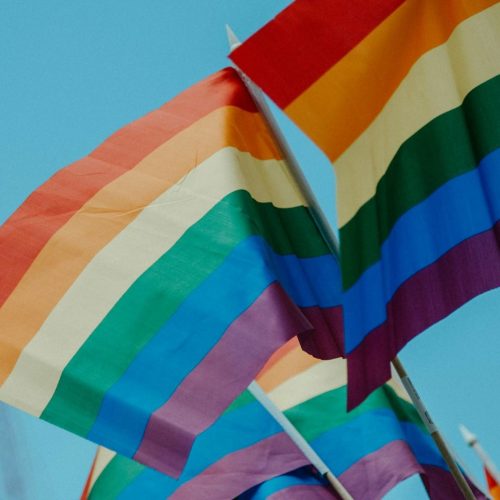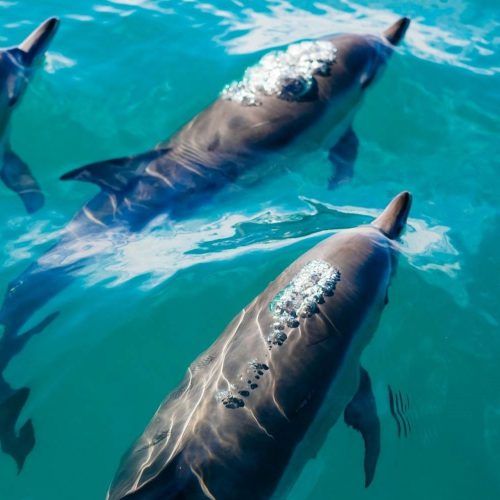What happened in the Amazon Rainforest and what can you do to help?
The wildfires that burned extensively through the Brazilian part of the Amazon Rainforest during the last months have been driven the international attention since France’s president Emmanuel Macron called out for talks at the international G7 summit earlier this summer. International and local politics play an extreme delicate role in the safeguard of wildlife and environment, and so does agriculture, big corporations, consumers and all the big and little players in between…
Where can we start understanding what is going on after the press calmed down, and what can we do to help the Amazon Rainforest from disappearing when everybody stops talking about it? Read on our short summary and guideline to find some answers.
As one fellow human being on this planet, the Amazon Rainforest may be your most precious treasure out there, even if you live on the other end of the world and never visited its endless lands. The immense rainforest, spreading over 8 countries in South America, is the most biologically diverse place that we have, it is home to 10% of Earth’s known species, on its grounds live more indigenous people than anywhere on the planet, the Amazon river and its tributaries contain almost 20% of the worldwide river water and finally, it’s our most faithful allied in the fight against climate change, with its ability to absorb more than 20% of our CO2, give us back oxygen for us to breath and keep our ecosystem stabile.
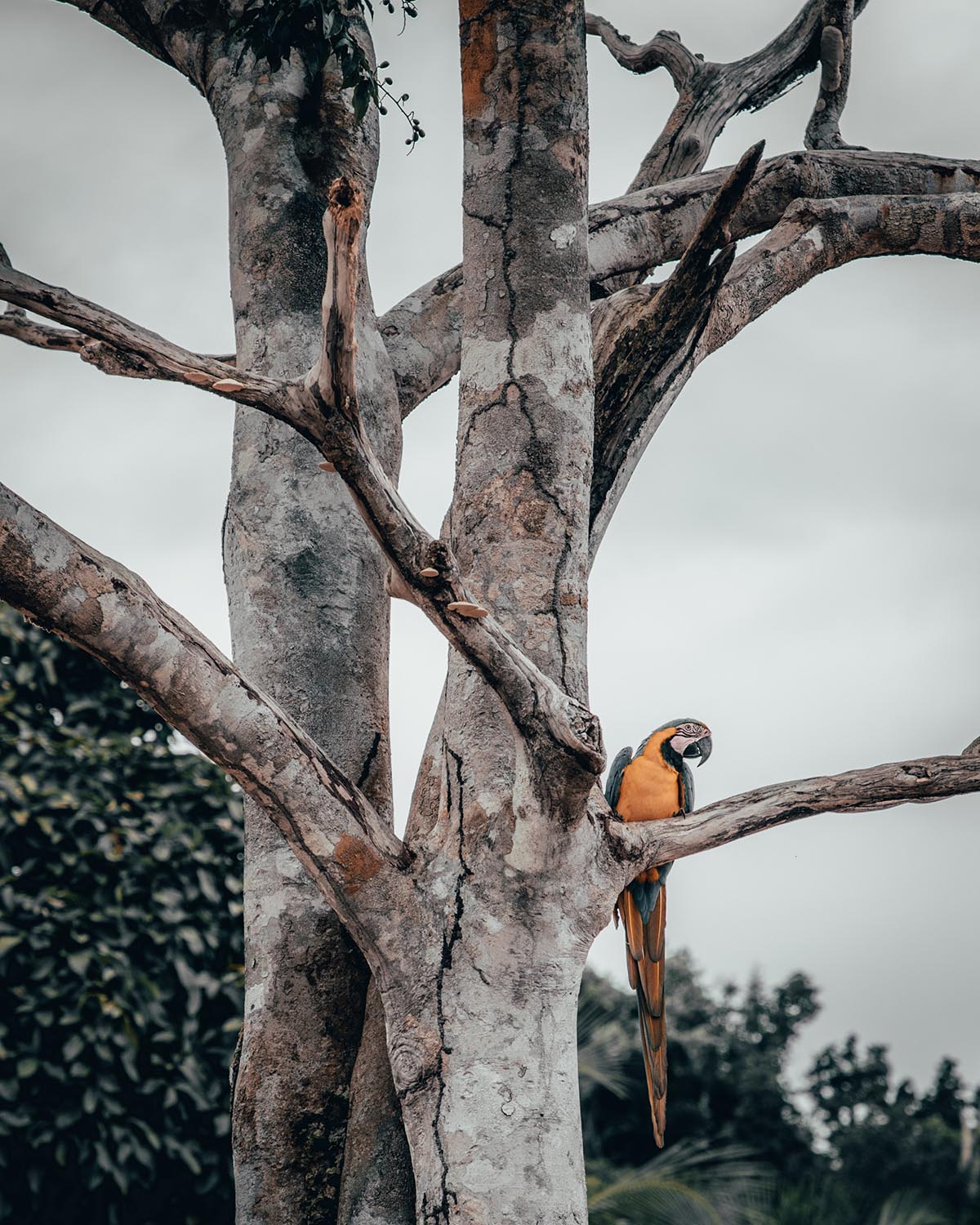
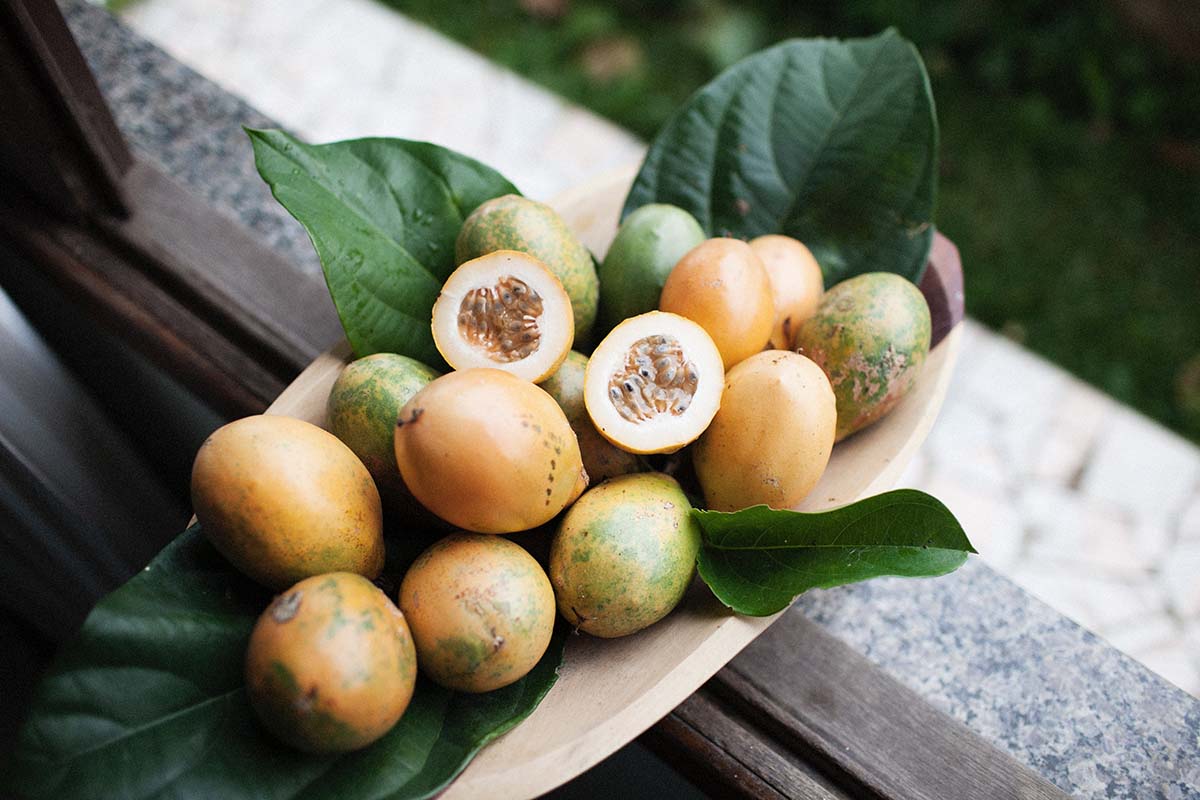
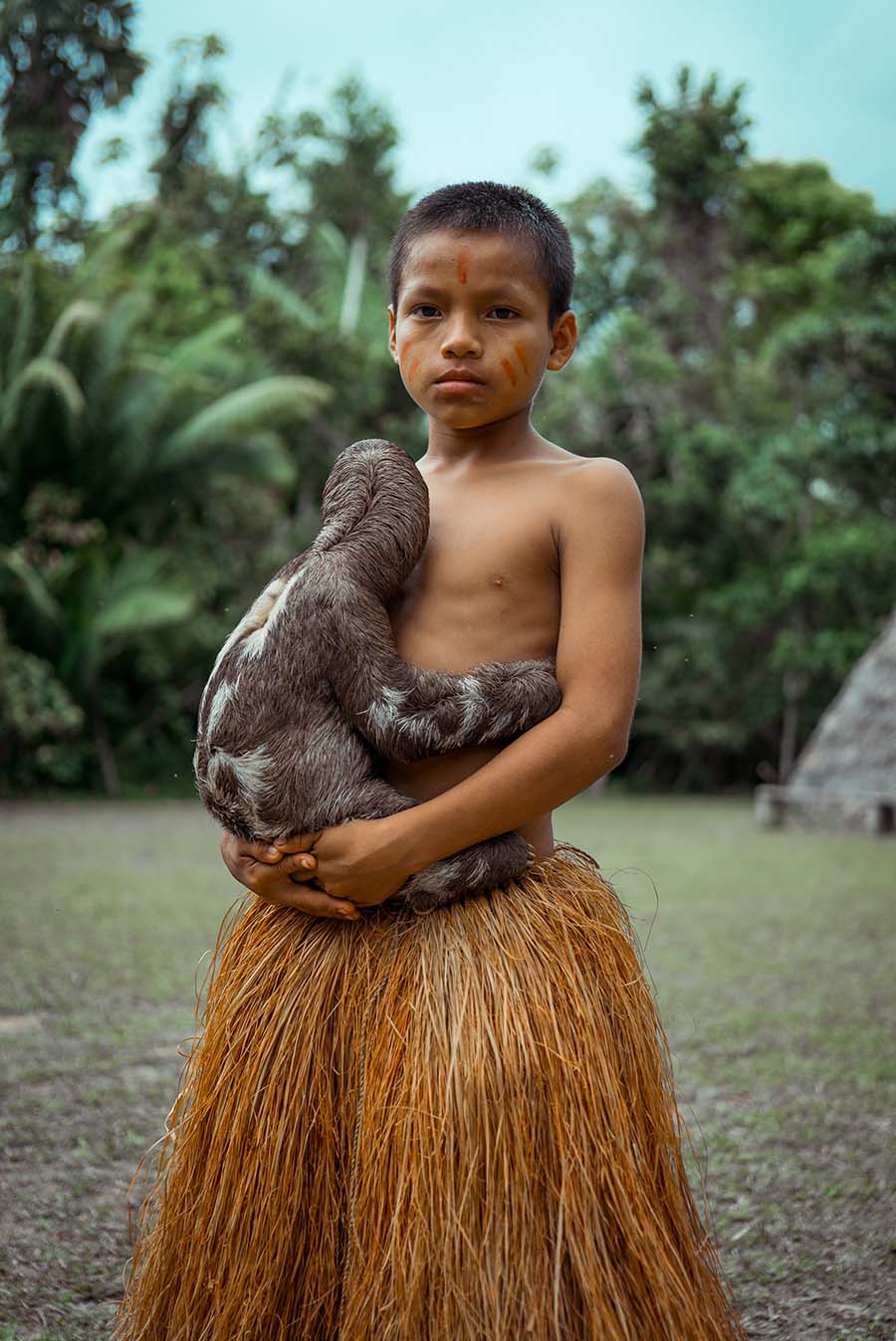
Each year, the dry season from June to December, endangers the southern Amazon Basin and eliminates part of its green land. The dry soil, made even hotter from ongoing global warming, helps the wildfires to spread easily and makes it harder to control them.
INPE, Brazil's space research center, and NASA’s Earth Observatory, whose satellites data track fire activities, report in agreement that in the first 9 months of 2019 fires in the Amazon Basin have been increasing of 76% since the last period in 2018, making the most active fire year since 2012 with 72,843 fires detected, mostly in the region of El Niño, whose droughts coincided with deforestation. (Global Fire Emissions Database) The data raised international concerns on Brasil’s newest administration's environmental policies, as regulations active in the last decade (2006, Public Forest Managment Law) to protect the forest from the dangers of deforestations were loosen in favore of agricultural activity as well as the reduction of enforcment in illegal deforestation.
At the end of September, wildfire started calming down from their acute pike, and so did the international attention. But the Amazon Rainforest is far from safe and keeps burning, as it’s predicted to do any year in its dry season, meaning that constant action and wildlife safeguard is required to keep fighting against its disappearance.
According to INPE, in fact, this year's increasing wildfires could not be attributed only to a specific climate abnormality. Yale University reports that the largest driver of deforestation in every Amazon country is cattle ranching. Rainforest lands are cleared by illegal human deforestation resulting in wildfire to make physical space for cattle intended for the beef industry and fashion leather production , soy plantations, destined mainly to feed the cattle, as well as for palm oil.
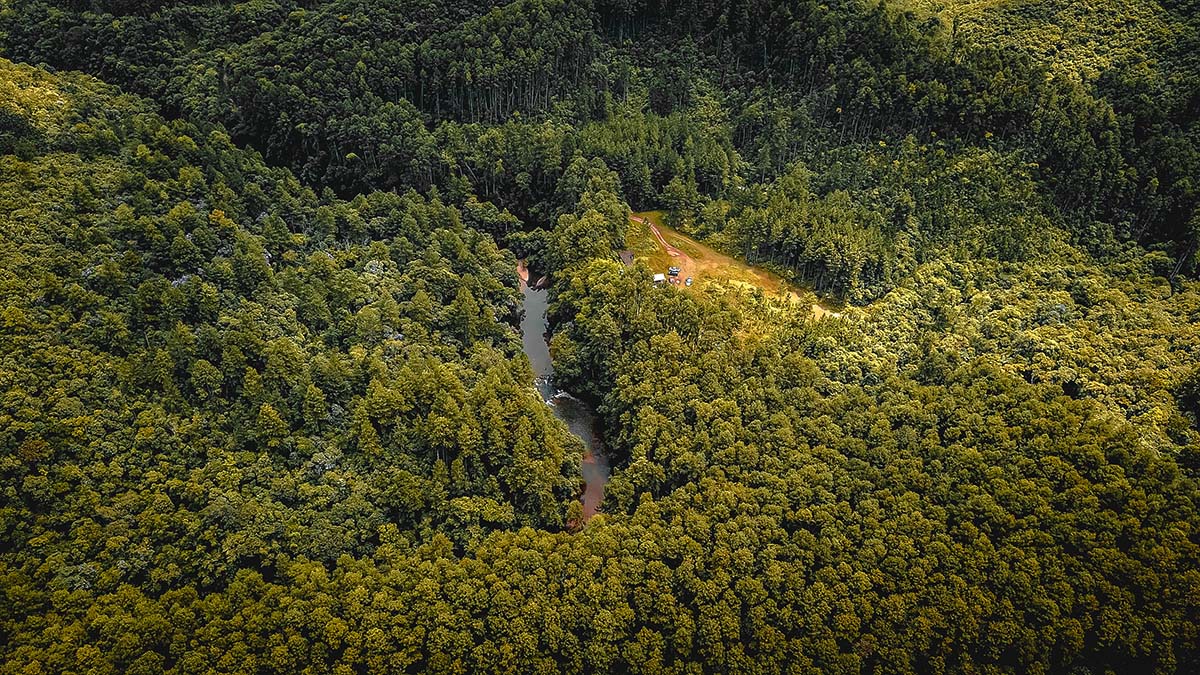
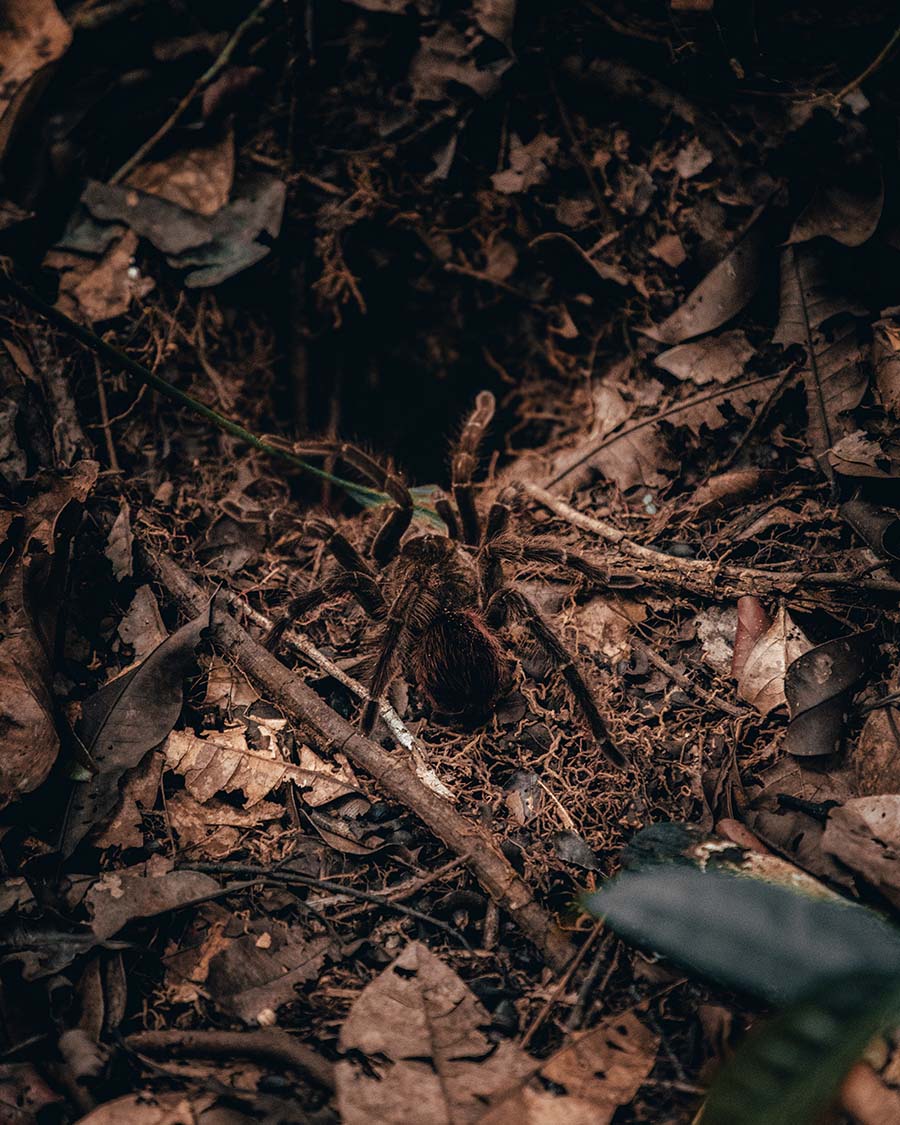
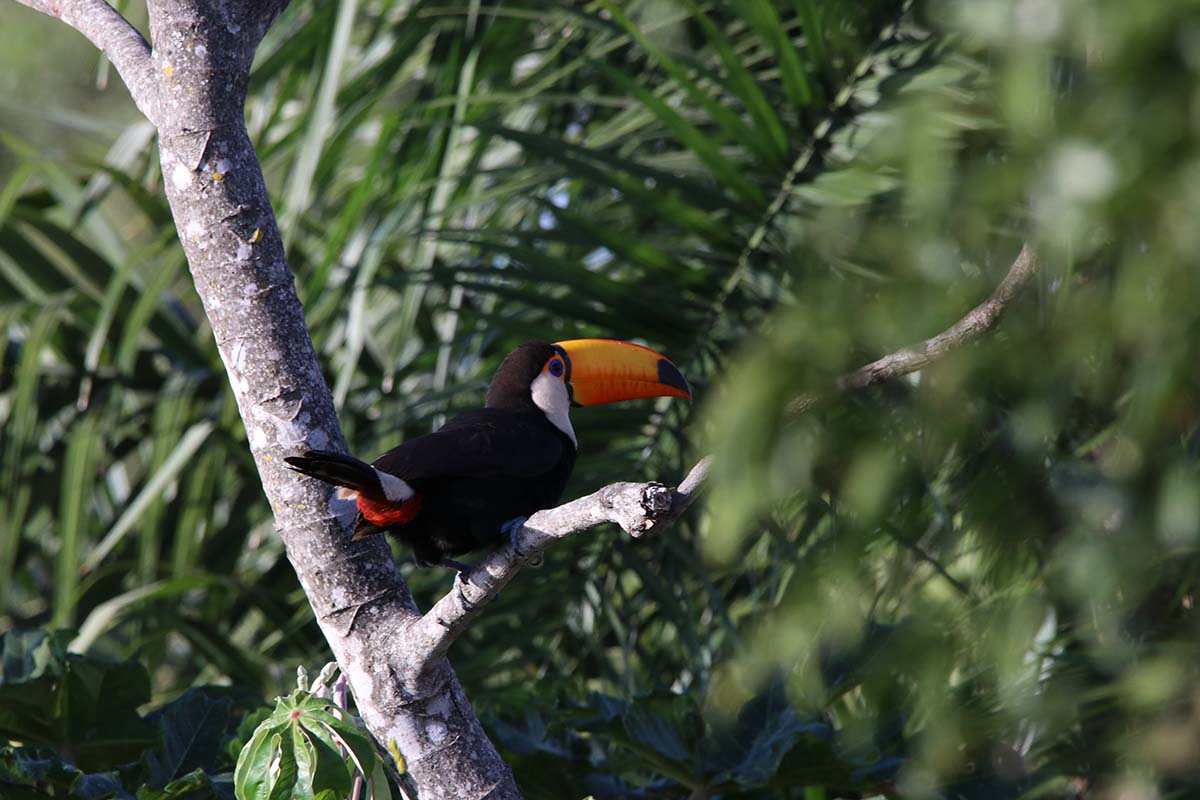
How can you actually help the Rainforest in 5 simple moves?
1. Donate, or make it a gift in behalf of a friend
Donation is the most direct and helpful action in a crisis with local actors involved. Not everybody can, and nobody expects you to do, but if you are willing, and have the possibility to do so, even a small donation can make a big impact on saving the Rainforest. There are many organizations out there living and acting on voluntary contributions, few of them are really making a difference to save the Brazilian Amazon from a no-return situation. From planting trees to help re-forestation, to active fire watch and mobilization, or supporting and engaging with indigenous people to act in their home in their respect and desires.
One great way to make donations, is to use them as gift to our friends, solving a lot of problem at once! ...and making everybody feel good about it.
These are our top trusted choices:
Rainforest Foundation: this organization works directly with indigenous people, offering legal and technical support and creating networks to help them get the needs to protect their own home from external threats and wildfires spreading.
Rainforest Trust: since 1988 this organization saved 23,537,114 acres. You can help them buy real acres of Rainforest and protect wildlife through land purchases and designations. They have many different and transparent projects and training in action to employ local Amazonians to be reserve guards, wildlife monitors and eco-tourism guides, for a better community-supported ecosystem.
Rainforest Alliance: a worldwide Alliance that created an internationally recognized symbol of environmental, social and economic sustainability to mark products or ingredients that are sourced from the Amazon and are part of the Rainforest Alliance Certified farms or forests.They worked to build a global alliance of people who share their vision of strong forests and thriving rural communities around the world.
Amazon Aid: this no-profit active in southeastern Pero uses the the power of multimedia and film to create art and educate with many different projects about the importance of the Amazon and the implications of its destruction while promoting working solutions to protect it.
Amazon Watch: they campaign with local indigenous people for human rights, corporate accountability and the preservation of the Amazon Rainforest. The idea is that nobody can help the Amazon as its inhabitants.
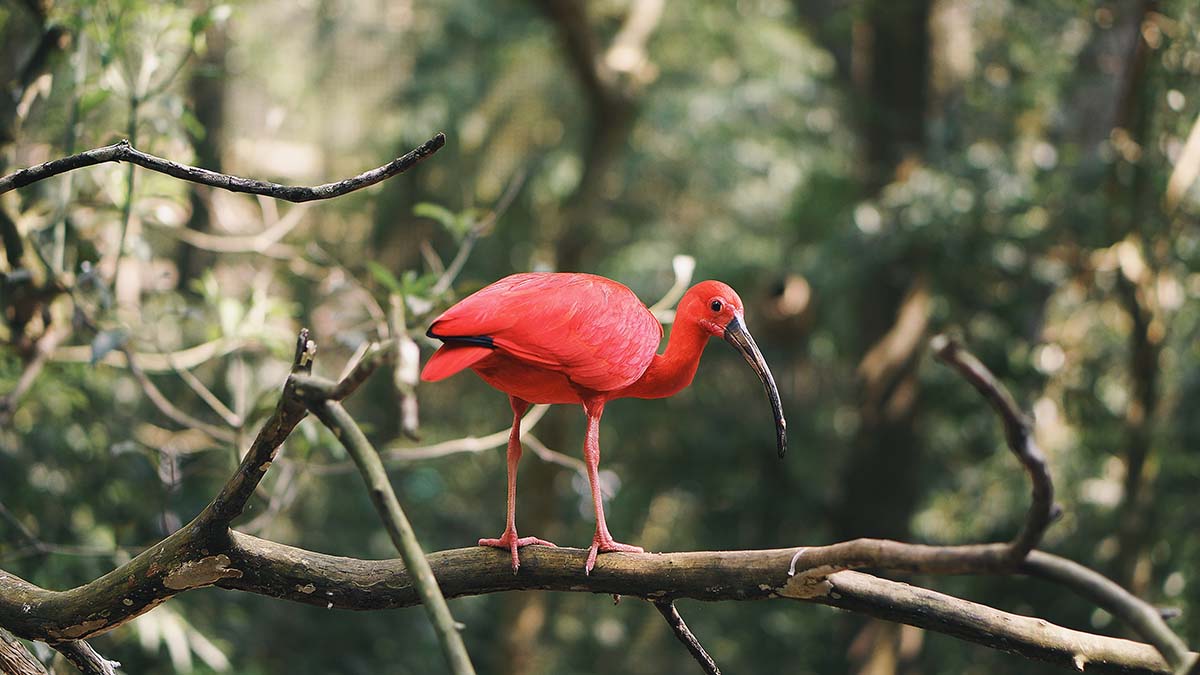

2. Be conscious and informed, it is fun!
Inform yourself. And try to be a conscious consumer, as much as our capitalistic society is allowing us to do. It's okay if you don't have everything under control. But you can't start supporting companies that actively try to stay away from causing ulterior deforestation with their production. Once you know the human cause of deforestations and wildfires, think if you might be benefiting from these, and if so, search for more ethical products. We are here to help you in these process! Check out our Sustainable Guide.
3. Vote, and when it’s time: Vote again!
There is no easier way to say it. Make your believes count. If you're fortunate enough to live safely and to be aware of current humanitarian and environmental struggles, when you're called to vote… do it, and try to do it with the right informations. Environmental policies and big player are interconnected and even if you live far away from the Brazilian Forest, your politician might do something to challenge dangerous policies. Get informed and vote the politicians that are saying and doing the right things, in your opinion, on a local and international scale. It's easy to get frustrated and think nobody it's hearing us, but be silent it's rarely the answer to challenging problems. Joining online campaings is also a great way to be active and making our voice count! Sometimes things change!
4. Volunteer
Some local organizations, like Brazilian Alianca da Terra (https://aliancadaterra.org/ ) may need hands and minds on the ground to help the current situation: fire watching and containing, interacting with local populations, and spread the message of their work. If you have the time and possibilities, you could be trained and act in first line to fight deforestation! Just get yourself well infirmed about any organization and what profiles they really need, you want to be useful and practical.
5. Respect and support indigenous culture (without disturbing!)
As a consumer and as a traveller, you enjoy the big responsibility to respect indigenous cultures and population. When you visit, be aware that you are a guest, respect local rules and beliefs. Try to consume local and seasonal food, without supporting brands and companies that don’t respect indigenous life and places.
People that live differently from our society, may be perfectly happy to keep doing so. Try to avoid giving and leaving behind undesired gifts and pollution, that could increase habits that we are trying to fight on s global scale.

+ Words: Cecilia Gaeta_Luxiders Editor
Raised in the chaotic centre of Rome, Cecilia is now a passionate photography student at the Ostkreuzschule of Berlin. After graduating at the Humboldt University in Asian and African Area Studies with a focus on women migrations, she now wants to report about global issues with attention on social and gender equality through words and photographs.
Connect with her on Instagram: Cecilia



